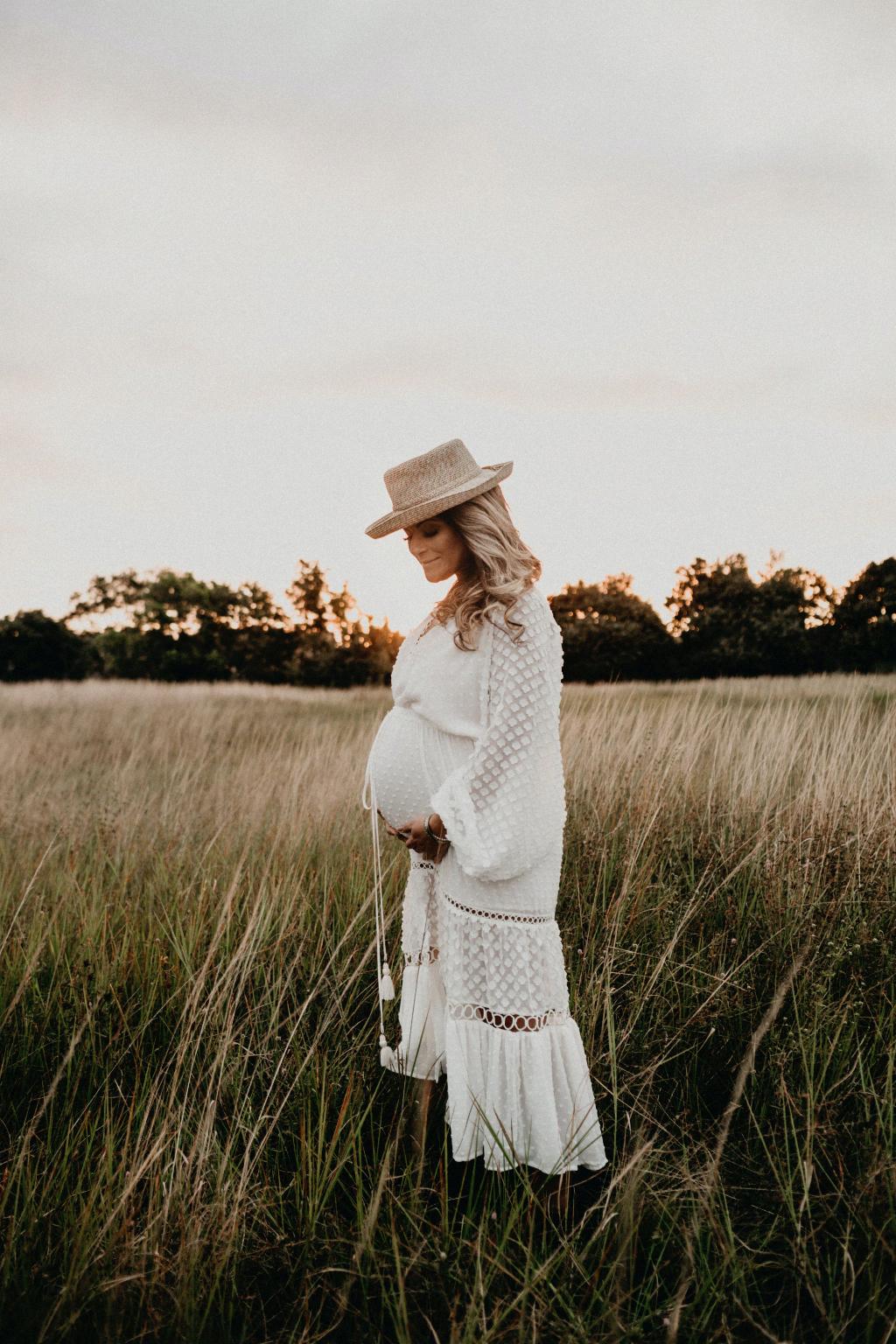After experiencing a miscarriage, many individuals may wonder about the possibility of getting pregnant again. The timeline for conception after a miscarriage can vary, but some general guidelines can help individuals navigate this challenging period.
It is essential to acknowledge the emotional and physical toll that a miscarriage can take on an individual. While the grieving process is unique to each person, it is crucial to give yourself ample time to heal both emotionally and physically before considering trying to conceive again.
One important aspect to consider is the timing of sex after a miscarriage. Generally, it is recommended to wait at least two weeks after a miscarriage before engaging in sexual activity. This period allows the body to heal and reduces the risk of infection.
Despite the need for emotional healing, it’s important to note that ovulation can occur surprisingly soon after a miscarriage. In some cases, individuals may ovulate and become pregnant as early as two weeks after a miscarriage.
However, it’s crucial to consult with a healthcare provider before actively trying to conceive after a miscarriage. Your healthcare provider can offer personalized guidance based on your specific situation, providing valuable insights and recommendations to support a healthy pregnancy.
Your healthcare provider may suggest waiting for a certain period before attempting to conceive again, depending on various factors such as the cause of the miscarriage, your overall health, and emotional readiness.
Additionally, scheduling a preconception visit with your healthcare provider can offer valuable information and support. During this visit, you can address any concerns, discuss potential risks, and receive guidance on optimizing your health for a future pregnancy.
It’s essential to prioritize self-care and emotional well-being during this sensitive period. Taking the time to process your emotions, seek support from loved ones, and consider counseling or therapy can help you navigate the complex feelings that often accompany a miscarriage.
While the desire to conceive again may be strong, it’s vital to listen to your body and give yourself the necessary time to heal and recover. Rushing into another pregnancy without addressing unresolved emotions or physical issues may potentially impact your well-being.
If you have concerns or questions about fertility after a miscarriage, do not hesitate to reach out to your healthcare provider. Open communication and seeking professional guidance can offer clarity and reassurance as you navigate the path toward conception after a miscarriage.
Remember that everyone’s journey toward pregnancy is unique, and there is no one-size-fits-all answer to the question of how soon you can get pregnant after a miscarriage. Trust yourself, listen to your body, and lean on the support of trusted healthcare professionals and loved ones as you move forward.

